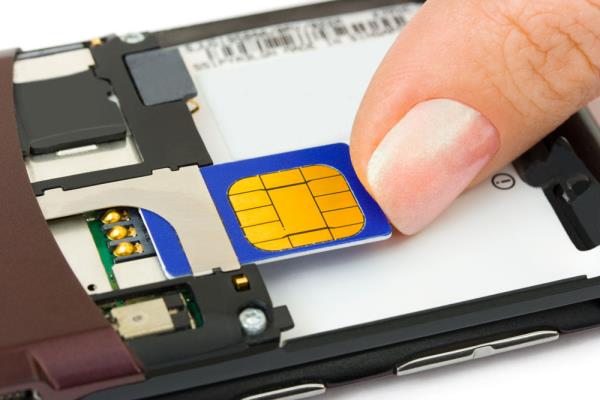16 October 2025

Recognized as a significant technological advancement, eSIM is expected to enhance the mobile user experience by enabling multiple phone lines on a single device without physical SIM cards.
Zerrouki described eSIM as “a major step forward in mobile phone services,” emphasizing its ability to allow users to activate multiple profiles or switch operators via an online QR code, thus simplifying subscription management and eliminating hardware constraints. The technology is embedded directly into smartphone motherboards, offering greater flexibility and convenience.
This initiative aligns with Algeria’s broader digital transformation strategy and the upcoming launch of 5G networks, scheduled for the second half of 2025. The government is encouraging close coordination among operators and regulators to ensure infrastructure compatibility and standardization of technical protocols.
While eSIM promises multiple benefits — such as reducing import costs for physical SIM cards and enhancing security through digital profiles — its widespread adoption faces several hurdles. The primary challenge remains the high cost and limited availability of compatible smartphones, which are still out of reach for many Algerians. Additionally, not all devices or operating systems currently support eSIM functionality, necessitating investments from operators to upgrade systems and infrastructure.
Authorities will also need to address cybersecurity concerns and ensure the protection of user data linked to virtual profiles. Despite these challenges, the move toward eSIMs marks a strategic step in Algeria’s efforts to modernize its telecom sector, improve service flexibility, and prepare for the country’s 5G rollout.







